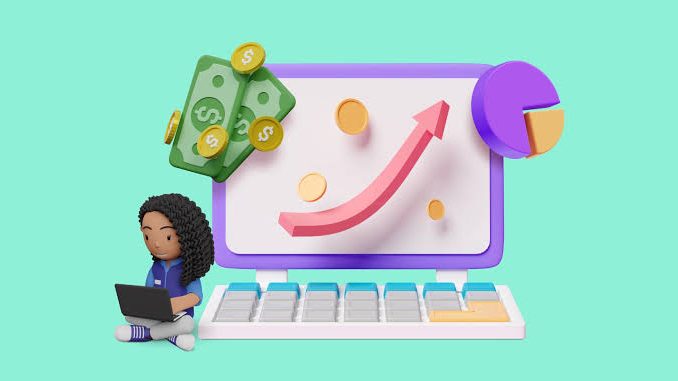
1. Understand the Basics of Personal Finance
Financial literacy begins with mastering the fundamentals of personal finance. Familiarize yourself with essential concepts such as budgeting, saving, investing, credit, and debt management. Use online resources, attend workshops, or enroll in personal finance courses to build a strong foundation. A solid understanding of these basics will empower you to make informed financial decisions.
2. Create and Stick to a Budget
Budgeting is a cornerstone of financial literacy. Start by tracking your income and expenses to identify where your money is going. Categorize your spending into essentials, discretionary expenses, and savings. Tools like budgeting apps or spreadsheets can help you stay organized. Stick to the 50/30/20 rule: allocate 50% of your income to necessities, 30% to wants, and 20% to savings or debt repayment.
3. Build an Emergency Fund
Life is unpredictable, and an emergency fund can provide financial security in unexpected situations. Aim to save three to six months’ worth of living expenses in a separate, easily accessible account. This cushion will prevent you from relying on credit cards or loans during emergencies, keeping you on track toward your financial goals.
4. Master the Power of Compound Interest
Albert Einstein once called compound interest the “eighth wonder of the world.” The earlier you start investing, the more time your money has to grow. Explore different investment options like stocks, bonds, mutual funds, or retirement accounts such as 401(k)s or IRAs. Consider consulting with a financial advisor to develop an investment strategy aligned with your goals and risk tolerance.
5. Educate Yourself About Credit and Debt Management
Your credit score plays a pivotal role in your financial life. Learn how to read and interpret your credit report, and work on building or maintaining a healthy credit score by paying bills on time, keeping credit utilization low, and avoiding unnecessary debt. If you have existing debt, create a plan to pay it off systematically, starting with high-interest loans or using strategies like the debt snowball or avalanche methods.
6. Stay Updated on Financial Trends and Tools
The financial landscape is constantly evolving, with new trends, tools, and technologies emerging every year. Stay informed by reading books, listening to podcasts, or subscribing to reputable financial blogs. Leverage digital tools like robo-advisors, mobile banking apps, and automated savings tools to simplify financial management and make smarter decisions.
7. Practice Financial Discipline
Financial success requires discipline. Avoid impulse purchases, live within your means, and prioritize your long-term goals over short-term gratification. Regularly review your financial plan and adjust it based on changes in your income, expenses, or life circumstances.
8. Teach Yourself and Others
Financial literacy isn’t just about personal improvement—it’s about creating a ripple effect. Share your knowledge with family members, friends, or colleagues. If you have children, teach them the value of money and smart financial habits early on. Promoting financial literacy in your circle strengthens your financial network and creates a supportive environment for growth.
9. Learn About Taxes
Taxes are a significant part of your financial life. Understand the basics of tax filing, deductions, and credits to maximize your returns. If your finances are complex, consider consulting a tax professional to ensure compliance and optimize your tax strategies.
10. Set Financial Goals
Clear financial goals provide direction and motivation. Whether saving for a home, starting a business, or achieving financial independence, define your objectives and break them into actionable steps. Use tools like SMART goals (Specific, Measurable, Achievable, Relevant, Time-bound) to track your progress.
Conclusion
Mastering the art of finance is a journey, not a destination. By adopting these tips and committing to continuous learning, you can enhance your financial literacy and create a secure, prosperous future. As 2023 unfolds, take charge of your finances, invest in your knowledge, and empower yourself to achieve financial freedom.
Financial literacy is a superpower—start building yours today!